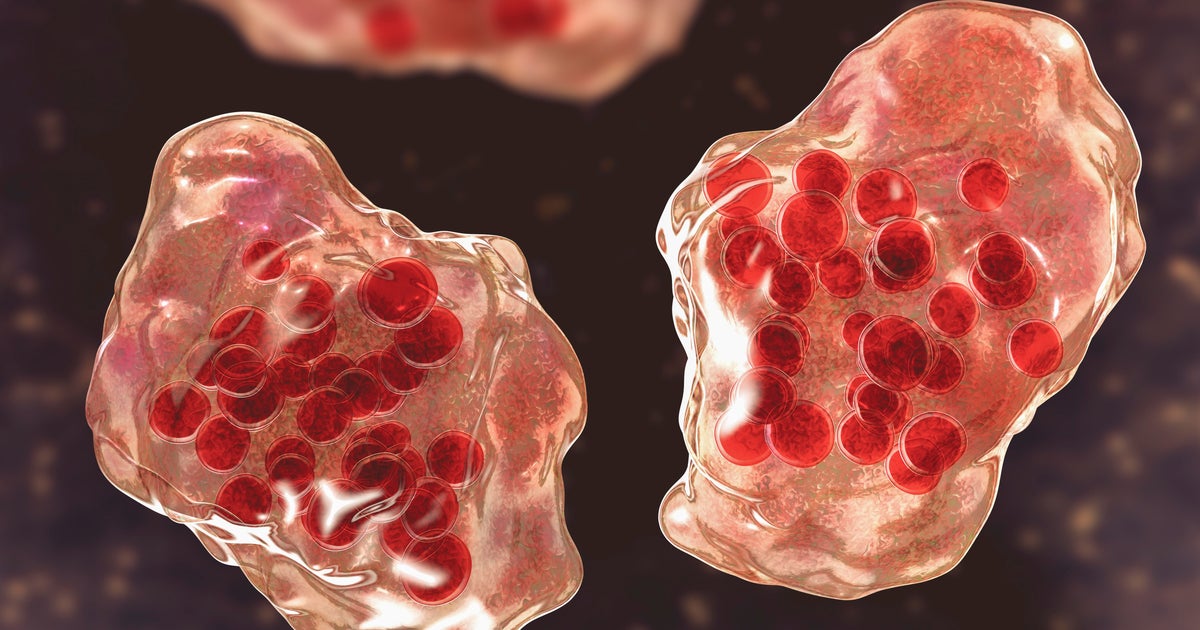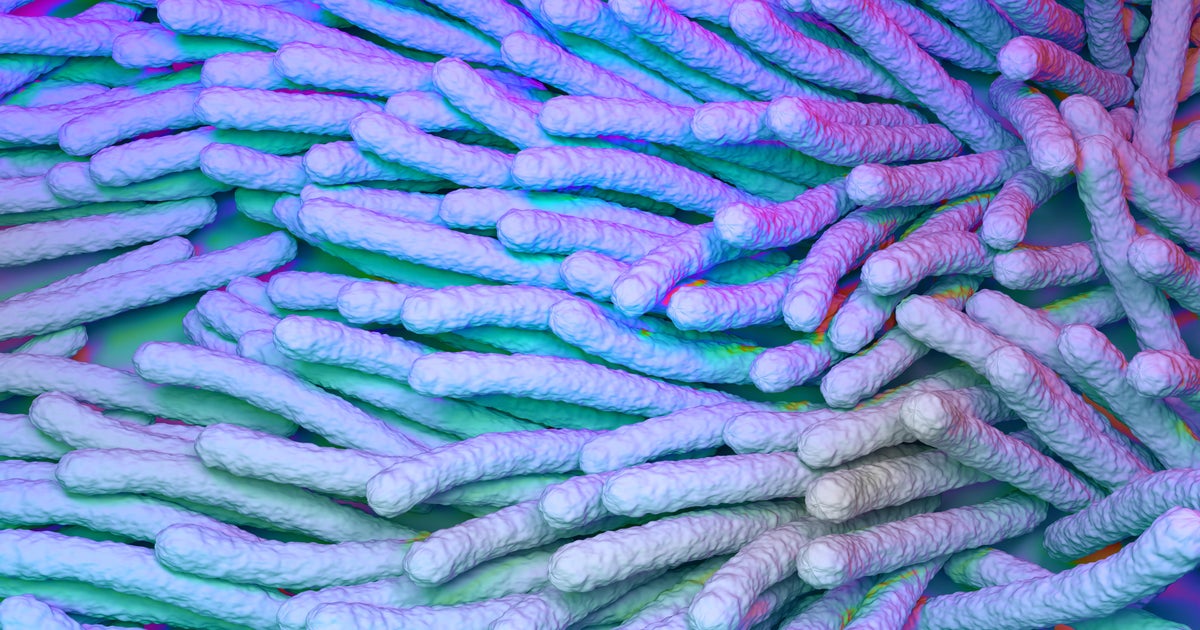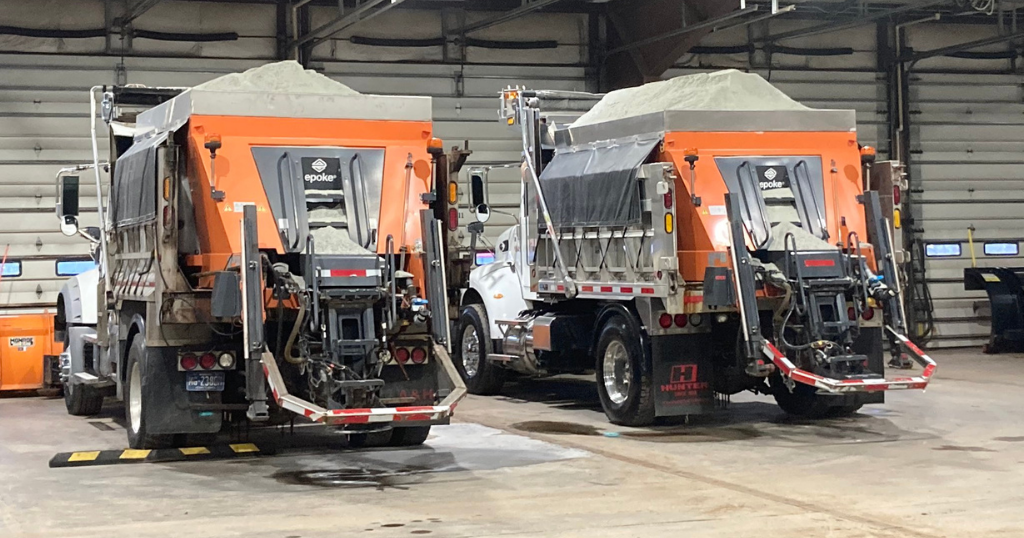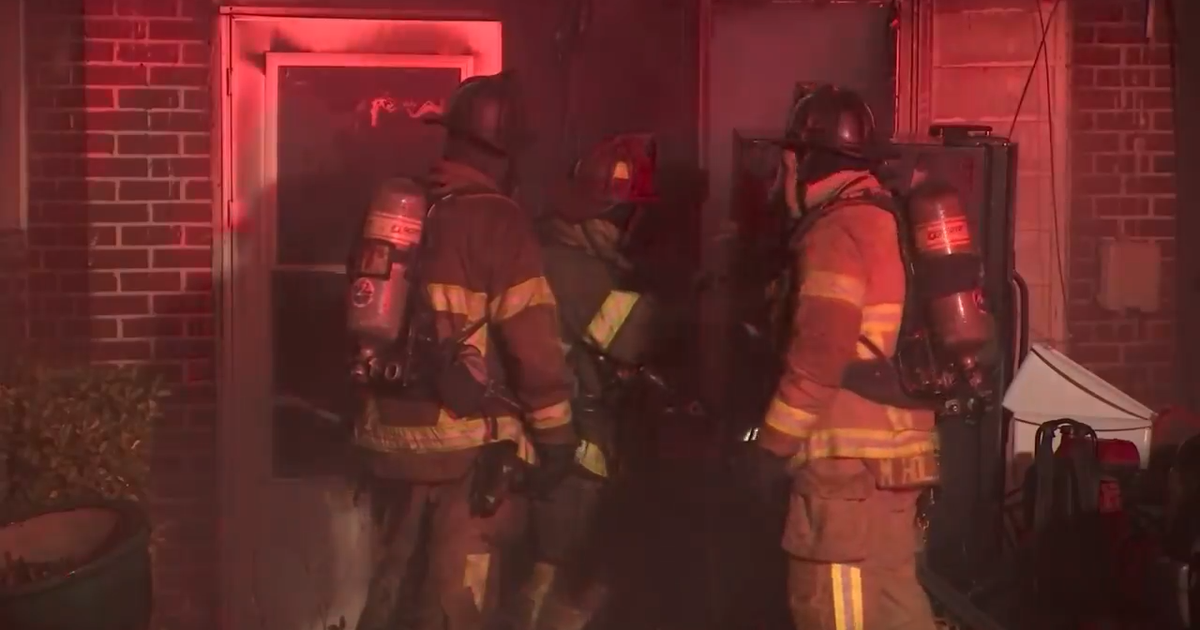Amid Statewide Hepatitis A Outbreak, Physician Shares Prevention Tips
PITTSBURGH (KDKA) -- The Pennsylvania Department of Health has declared a Hepatitis A outbreak in the state.
Allegheny County has had 28 cases since January 2018.
Hepatitis A is a viral infection. It's one of several types of hepatitis viruses that causes inflammation of the liver.
"It's highly contagious," says Allegheny Health Network Med-Peds physician Dr. Jennifer Preiss.
It's most contagious the first two weeks after getting infected, and the two weeks after symptoms begin.
"The garden variety person will get sick for two to three weeks, and they feel pretty miserable, and the body aches, nausea, abdominal pain, fever," says Preiss, "and then jaundice, which I think is probably the most alarming symptom."
Jaundice is a yellowish tinge to the skin and eyes. In most people, the infection goes away on its own.
A vaccine can prevent this infection. It's routinely given to children at ages 1 and 2. It is not a standard immunization for adults.
"Most of kids who are 15 years and younger have had hepatitis A vaccines already. We've not played catch up with the adults," Dr. Preiss says.
Most adults don't need it. The illness is rare -- only 1500 cases a year in the U.S.
But certain adults should be immunized.
"If you have chronic liver disease, you're immunocompromised, you definitely need to pursue a hepatitis A vaccine," recommends Preiss.
For everyone else, your best prevention is hand washing, using hand sanitizer, and thoroughly rinsing your produce.
"It's really hand-to-mouth and fecal route," Dr. Preiss explains. "For a long time, all the hepatitis outbreaks were actually in institutions, or daycares, or colleges, where ... people were in close proximity or eating together, and they could almost track it down to one person -- or a group of people -- who came in contact with a certain food."
"We don't really know where it's coming from right now," Preiss continues. "It's scary, but for the average person, it is not life-threatening."







